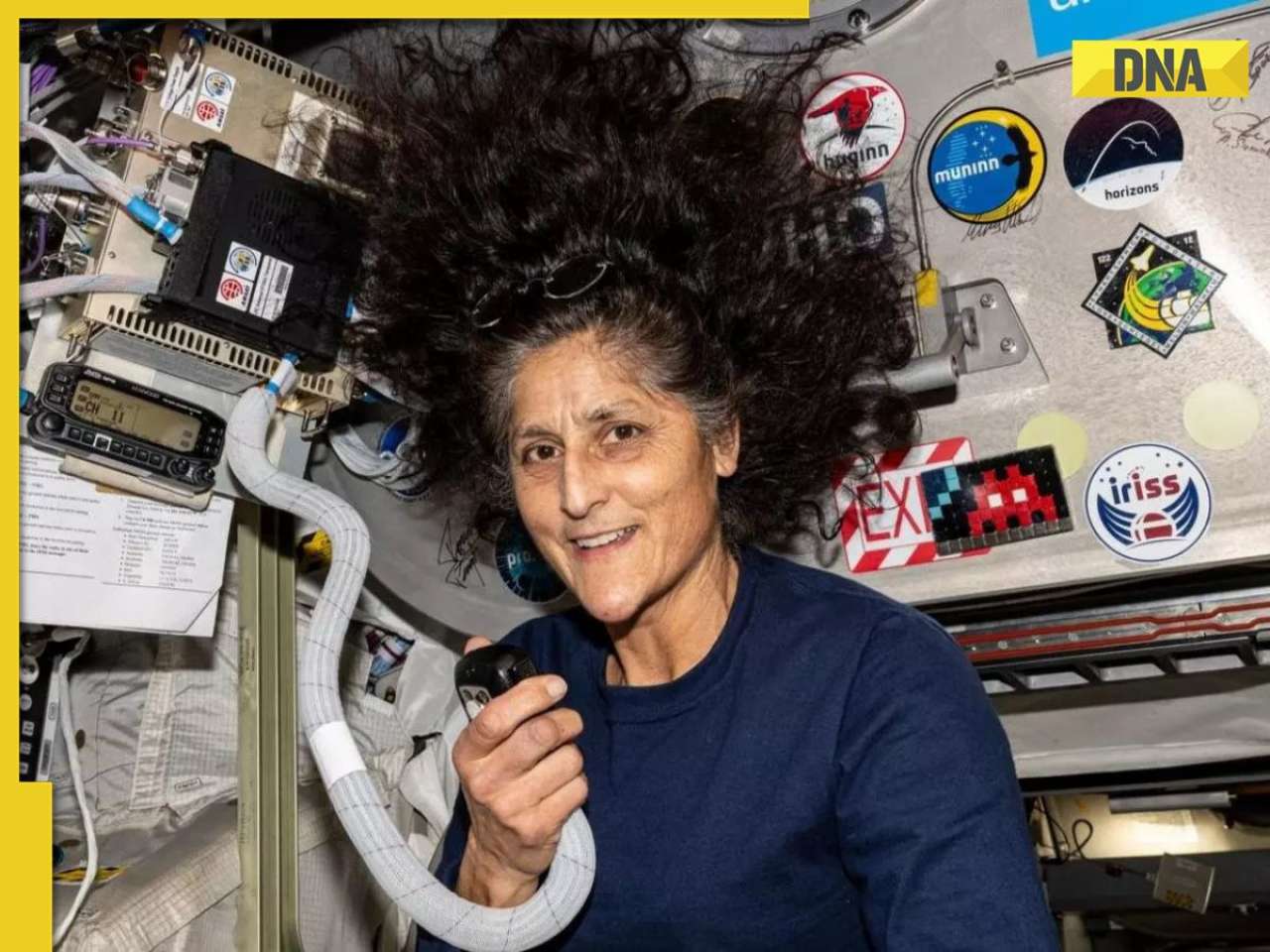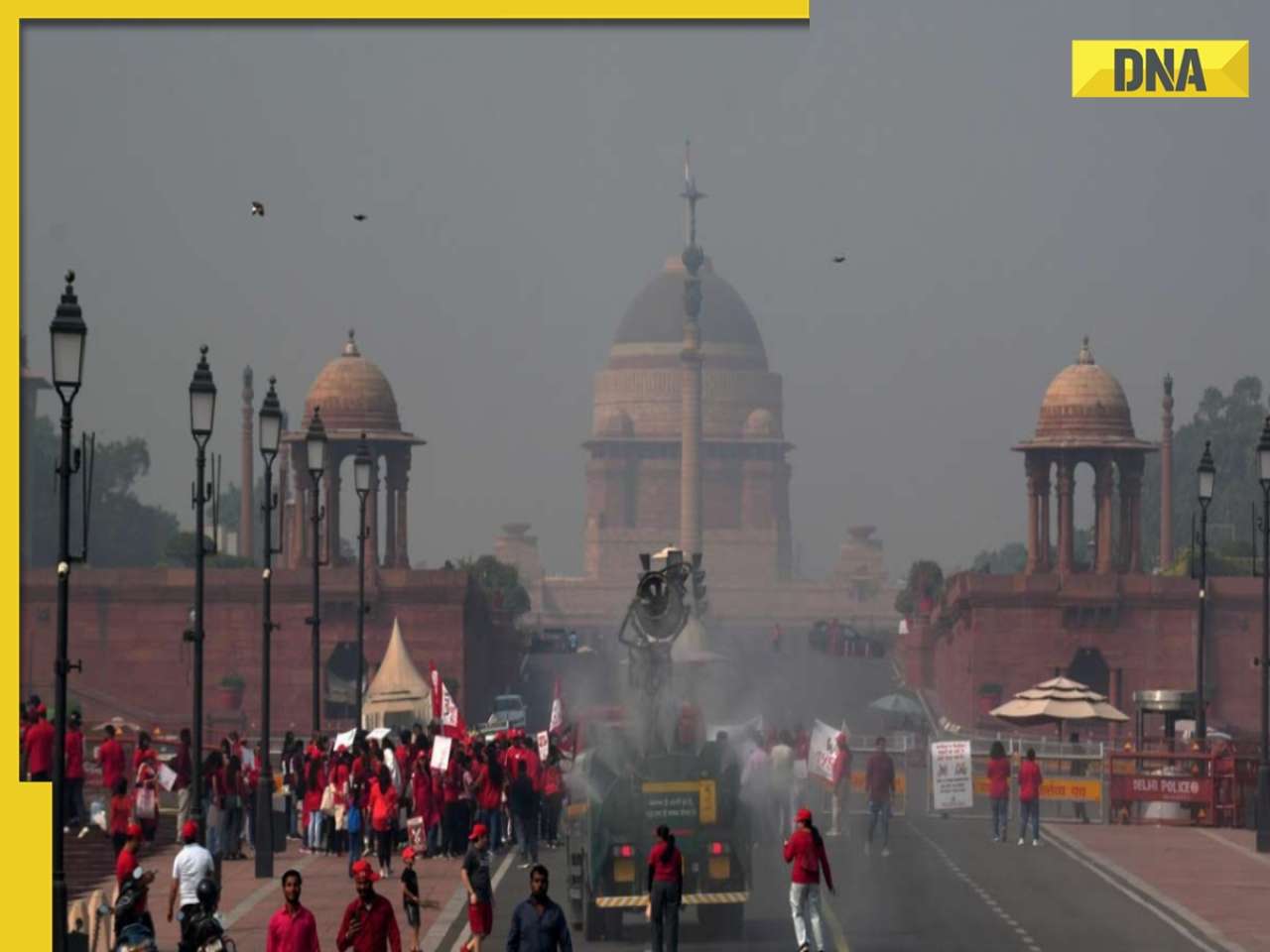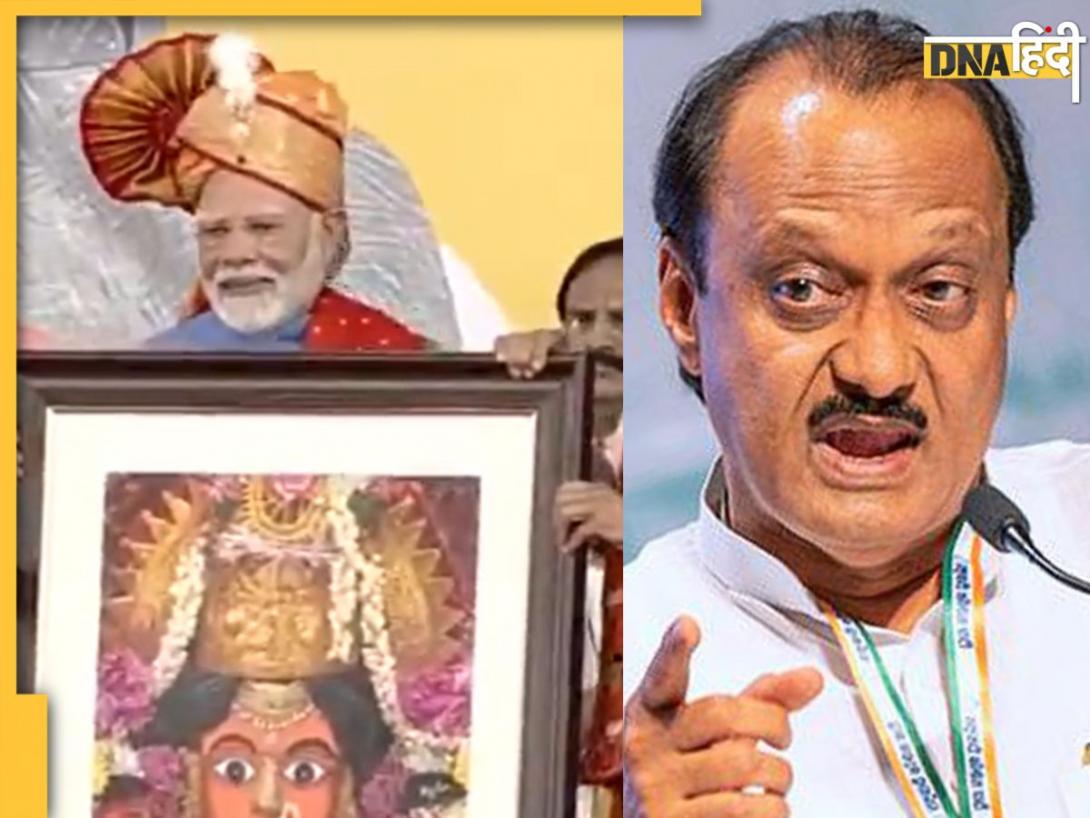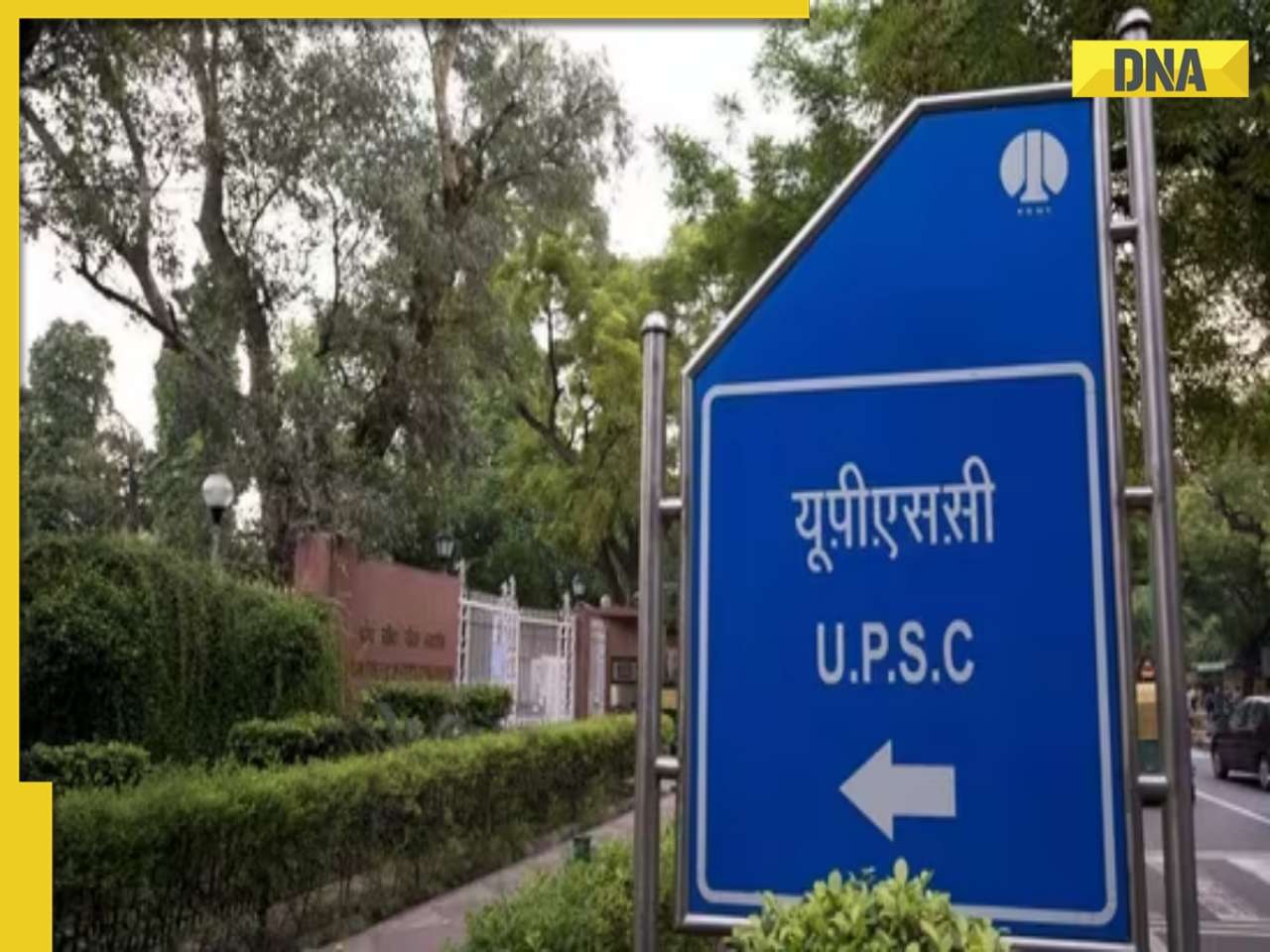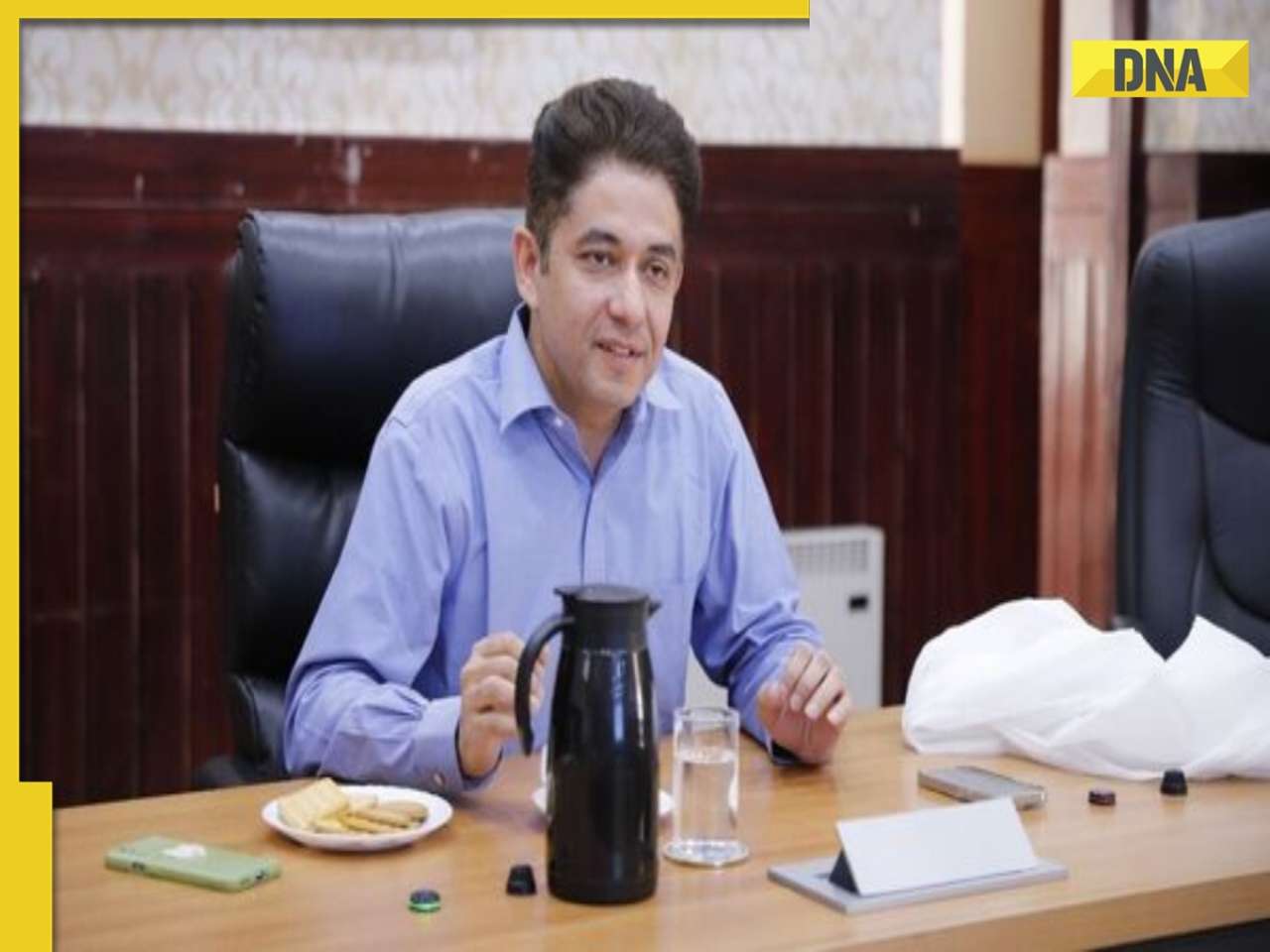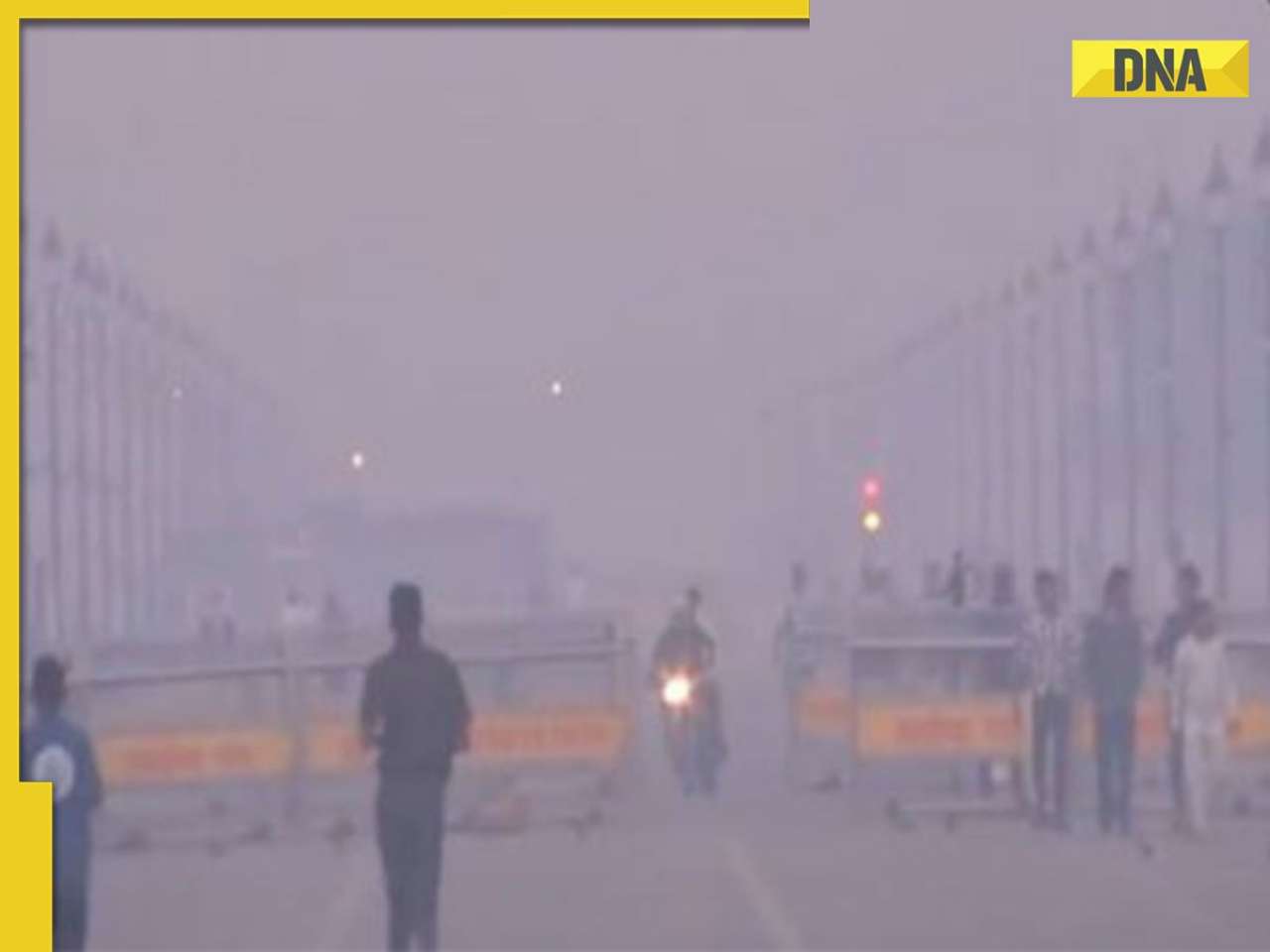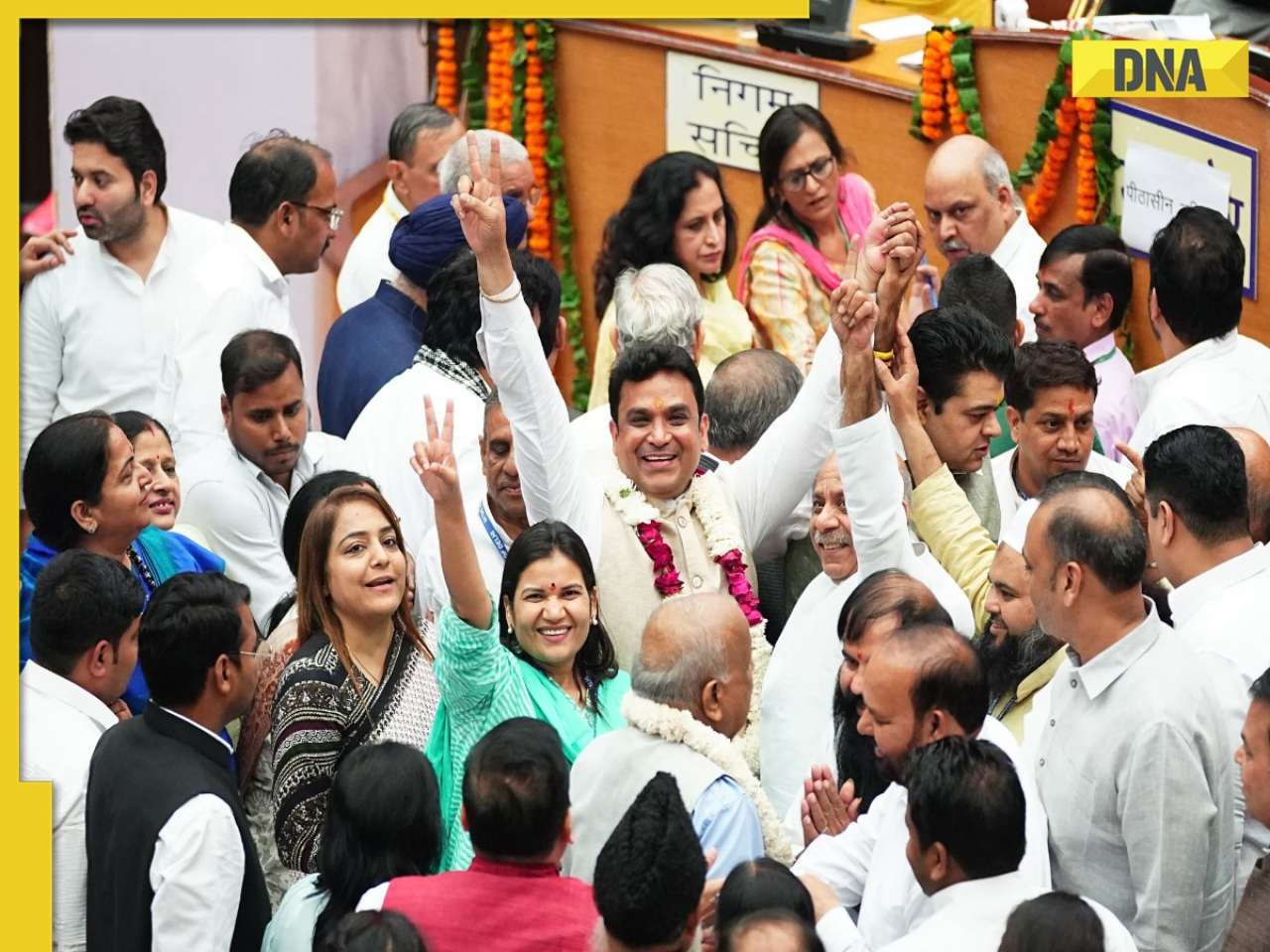- LATEST
- WEBSTORY
- TRENDING
INDIA
Mission Shakti: India lifts off to be a space power
PM delivers 'big hit' news in live address
TRENDING NOW
- DRDO shoots down a defunct satellite in lower atmosphere
- Test a show of homegrown technology that can hit targets in space
- India 4th after US, China, Russia to join elite club
In a major breakthrough that establishes the nation as a space power, India successfully test-fired an anti-satellite missile on Wednesday, becoming the fourth country in the world to achieve the feat after the US, Russia and China.
Based on the capability India had acquired in 2012 with the launch of Agni-V intercontinental ballistic missile, the Defence Research and Development Organisation launched a missile interceptor as part of its Mission Shakti from the Abdul Kalam Island launch complex in Odisha to shoot down a decommissioned Indian satellite in space.
Prime Minister Narendra Modi announced the achievement in a televised and livestreamed address, after keeping citizens on tenterhooks for nearly an hour with a prelude that he had some news for the nation.
"A while ago, India became the fourth country in the world to hit a Low Earth orbit (LEO) satellite in space, with Indian scientists using an anti-satellite (A-SAT) missile to bring down an LEO satellite. The mission was completed in 3 minutes," said PM Modi, after emerging from a meeting of the cabinet committee on security (CCS).
He had monitored the top secret mission closely along with his cabinet colleagues in the CCS.
Assuring the world that Mission Shakti was not targeted at anyone, he said, "I want to tell the world that this new capability that we have acquired will not be used against anyone. This is purely for India's security... A-SAT will give a sound, solid footing to India's space and defence security."
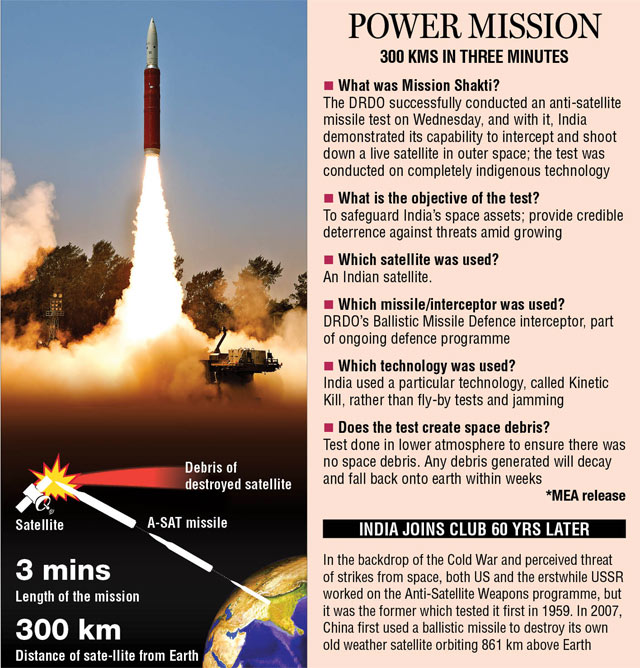
The Prime Minister also clarified that by doing the test, India has not violated any international agreement, treaty or national obligation.
The Ministry of External Affairs promptly issued a list of FAQs, which, among the mission minutiaem included, "India believes that outer space is the common heritage of humankind and it is the responsibility of all space-faring nations to preserve and promote the benefits flowing from advances made in space technology and its applications for all."
To a question about why the test was done now, a fortnight before the general election, the MEA said that it was conducted after India had "acquired the required degree of confidence to ensure its success".
Since the test was done in the lower atmosphere, there isn't much space debris. Finance Minister Arun Jaitley said in a presser, "In a matter of three weeks, the whole environment will be debris-free."
On why India used a particular technology called Kinetic Kill, when there are other ways to demonstrate ASAT capabilities, the MEA said, "We have used the technology that is appropriate to achieve the objectives set out in this mission."
The ministry also stated there is a need to address gaps in international space laws to ensure that no one threatens peaceful activities and application of space technologies for socioeconomic development.
Pakistan reacted on expected lines with a terse statement: "Boasting of such capabilities is reminiscent of Don Quixote's tilting against windmills."
In a guarded response, China said it "hopes each country will uphold peace and tranquility in outer space."







)
)
)
)
)
)
)
)
)
)
)
)
)
)
)
)





